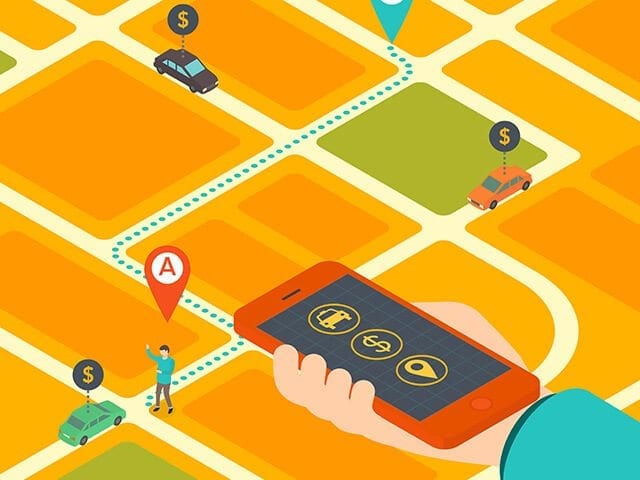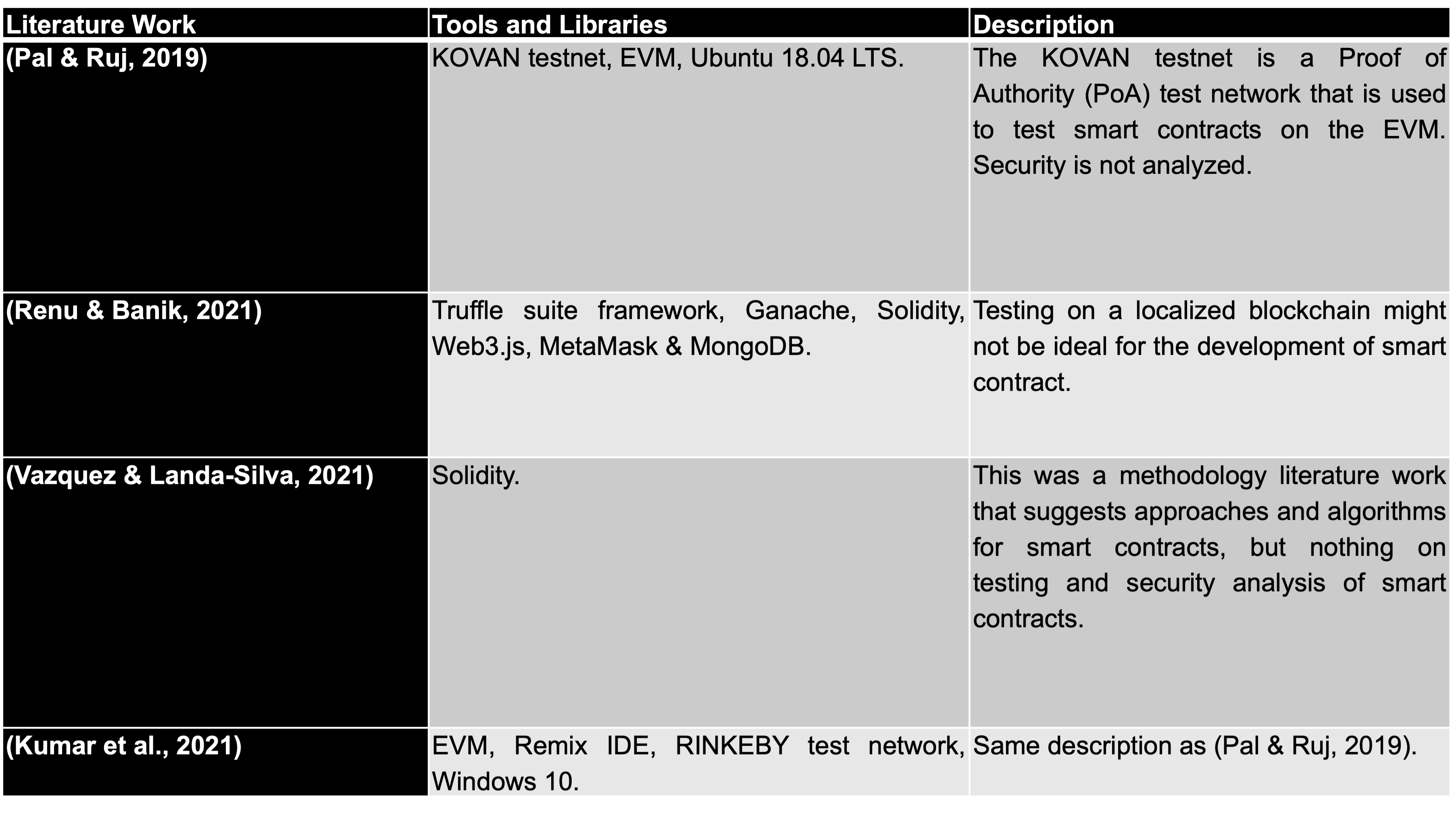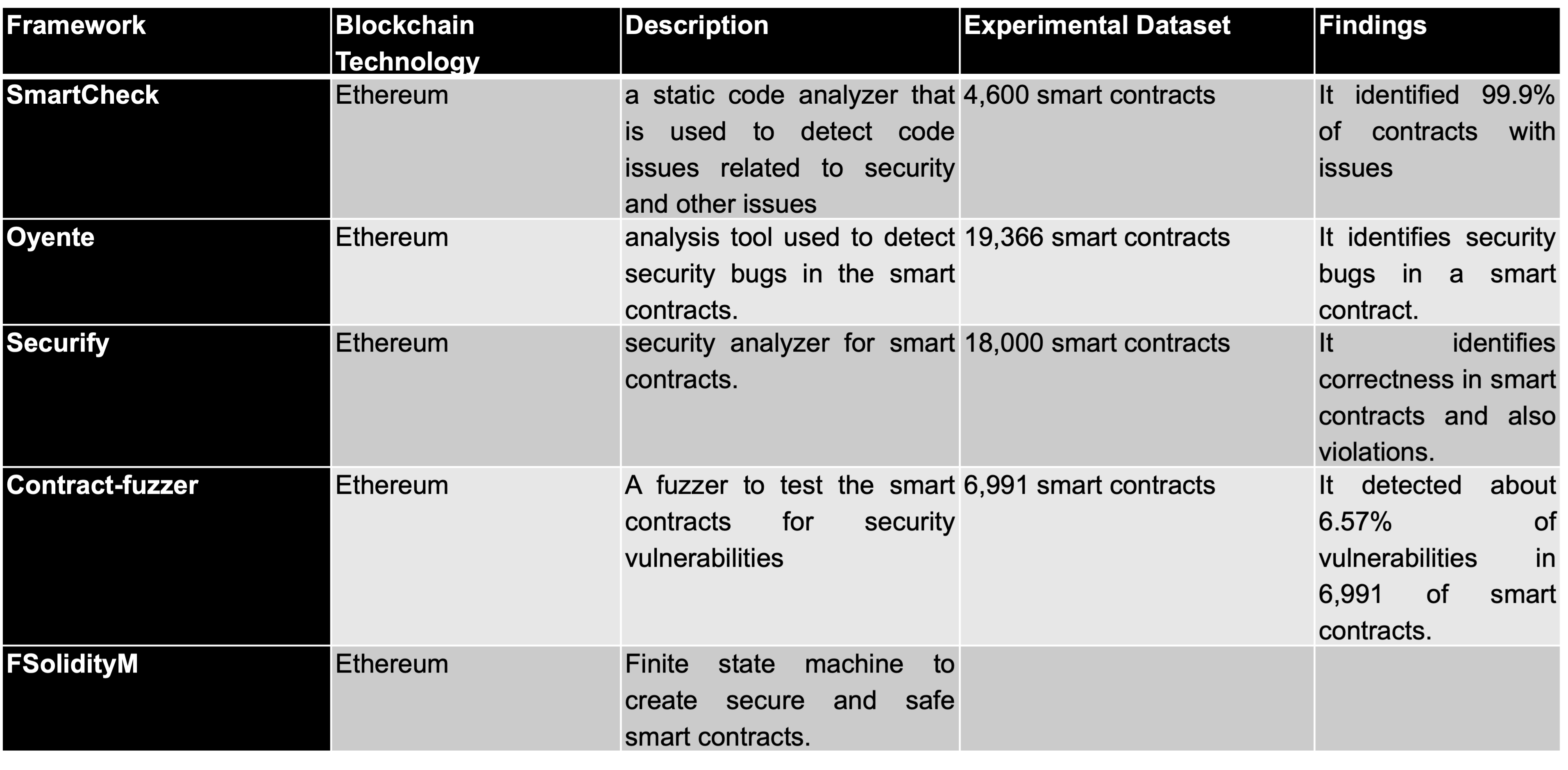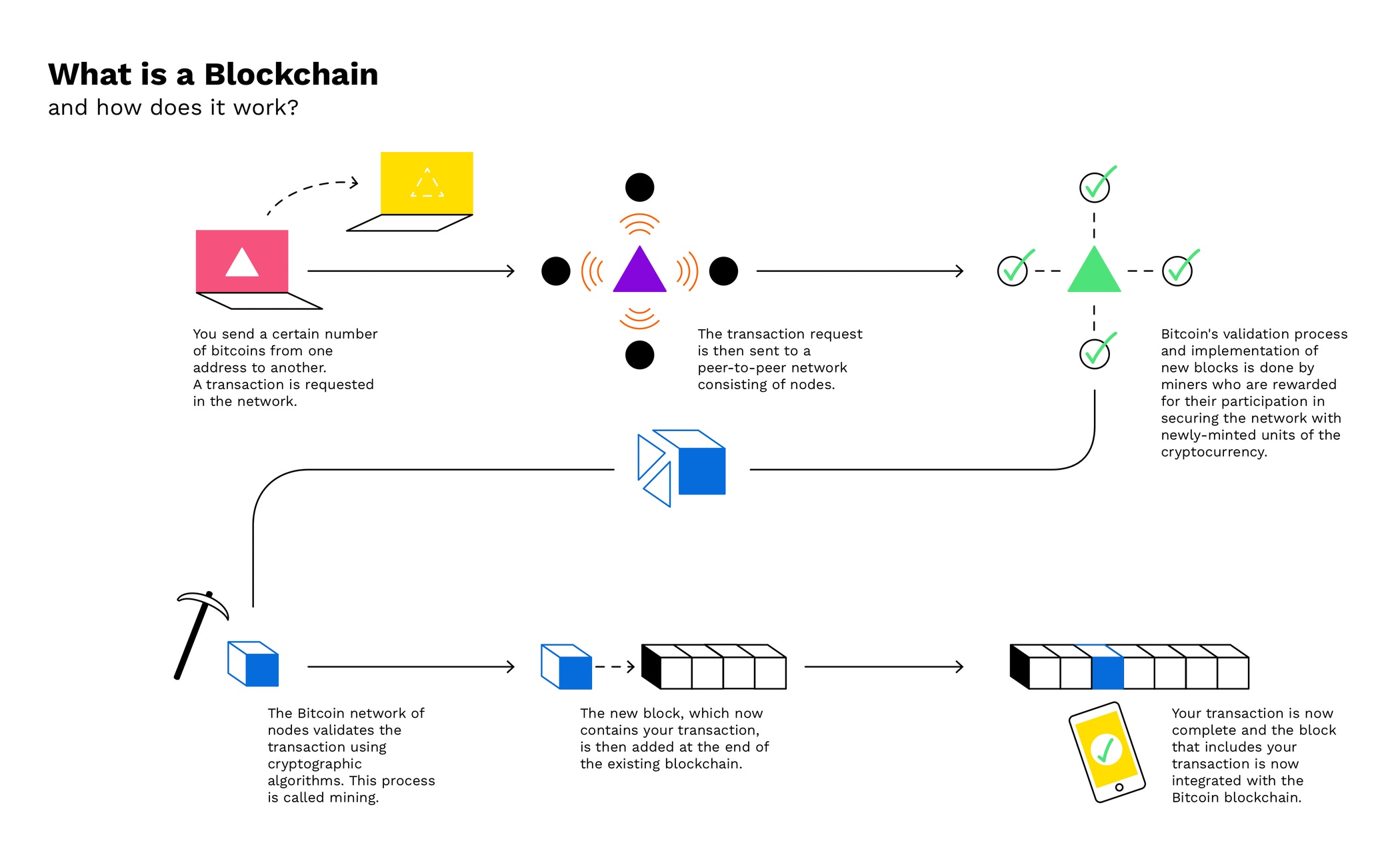
Daniel Chinye
Blockchain technology is considered to be a revolutionary technology, that could possibly be the future of the internet economy. Blockchain is a decentralized peer-to-peer distributed ledger with no central authority. Different industries, having existing central authorities, are now engaging with blockchain development, to provide decentralized application services. However, this novel technology is still at its infancy and as such there are little to no research works on any blockchain and smart contract-oriented software engineering processes for building decentralized mobile applications (e.g Android) with no clear solution to the existing constraints in smart contracts during the development. This paper analyzes several existing works on developing blockchain based mobile applications with a case study of decentralized ridesharing systems. Specifically, the work is focused on analyzing the tools and approaches used to build blockchain based ridesharing systems. By identifying the limitations with this existing decentralized ridesharing systems development, the paper suggests tools and approaches that will help improve the development of blockchain and smart contract-oriented applications for the ridesharing systems generally, which can possibly be used as basis for other decentralized mobile applications.

Daniel Chinye
Introduction: What is Ride-sharing?
Ride-sharing is considered as a type of transportation mode, where drivers use their personal vehicles to share a ride trip with a rider, taking them from their source location to their destination for a fee. Examples of ride-sharing services are; Uber, Lyft, Bolt, etc.
A Decentralized Ride-sharing Mobile App
This is a proposed ride-sharing system, which employs a blockchain platform as its data layer. The employment is to solve the current issues with centralized ride-sharing systems, which are;
- Single point of failure.
- Cyber-attacks.
- Lack of transparency.
Research Problem
Decentralized applications are said to have a criteria to be met, such as high performance, good security and scability. But traditional software engineering processes are still used in the development of these decentralized applications, with poses new challenges.
Will identifying tools and approaches for blockchain and smart contract-oriented development help minimize poor development of Dapps?
Results and Findings: Limitation(s) of examined works
A number (x) of literature works on building decentralized ride-sharing systems were examined, and tools and approaches used were identified, alongside limitations.

Results and Findings: Suggested tools and approaches as a solutions
Existing literature(s) suggests tools, frameworks and approaches that can be considered as a solution to the research problem.

There are also framework(s) that can be used to check the smart contract for its gas consumption rate and vulnerability.
Frameworks like;
- Gasper.
- GasChecker.
- The Web.
- Mobile (Android or iOS).
Conclusion
The issues of software engineering with these novel technologies is quite problematic on the long run if blockchain technology is ever going to be used to change the current paradigms in different industries, specifically with ride-sharing economy.
This analysis provides tools and frameworks as proposed solutions to the limitations with blockchain and smart contract based development, as supported by existing literature.
Acknowledgements
I would like to express my appreciation to Dr. Govindha R. Yeluripati, who worked as my assigned supervisor in this research.
References
- Joseph, R., Rishabh Sah, Atharva Date, Pratik Rane, & Amay Chugh. (2021). BlockWheels - A peer to peer ridesharing network. Proceedings - 5th International Conference on Intelligent Computing and Control Systems, ICICCS 2021, 166–171. https://doi.org/10.1109/ICICCS51141.2021.9432188.
- Panchalika Pal, & Sushmita Ruj. (2019). BlockV: A blockchain enabled peer-peer ride sharing service. Proceedings - 2019 2nd IEEE International Conference on Blockchain, Blockchain 2019, 463–468. https://doi.org/10.1109/BLOCKCHAIN.2019.00070.
- Rahul Kumar, Rounak Kumar Kedia, Shivangi Balodia, & Sai Dileep Suvvari. (2021). Decentralised ride sharing system. In International Journal of Innovative Science and Research Technology (Vol. 6, Issue 6). www.ijisrt.com.
- Renu, S. A., & Barnali Gupta Banik. (2021). Implementation of a secure ride-sharing DApp using smart contracts on ethereum blockchain. International Journal of Safety and Security Engineering, 11(2), 167–173. https://doi.org/10.18280/ijsse.110205.
- Shivers, R., Mohammad Ashiqur Rahman, & Hossain Shahriar. (2019). Toward a secure and decentralized blockchain-based ride-hailing platform for autonomous vehicles. https://search.proquest.com/openview/cf720c83e04ea350d58efe73deaa9411/1?pq-origsite=gscholar&cbl=18750&diss=y.
- Vacca, A., Andrea Di Sorbo, Visaggio, C. A., & Canfora, G. (2021). A systematic literature review of blockchain and smart contract development: Techniques, tools, and open challenges. Journal of Systems and Software, 174. https://doi.org/10.1016/j.jss.2020.110891.
- Vazquez, E., & Landa-Silva, D. (2021). Towards blockchain-based ride-sharing systems. ICORES 2021 - Proceedings of the 10th International Conference on Operations Research and Enterprise Systems, 446–452. https://doi.org/10.5220/0010323204460452.

































































































































































































































































































































































































































































